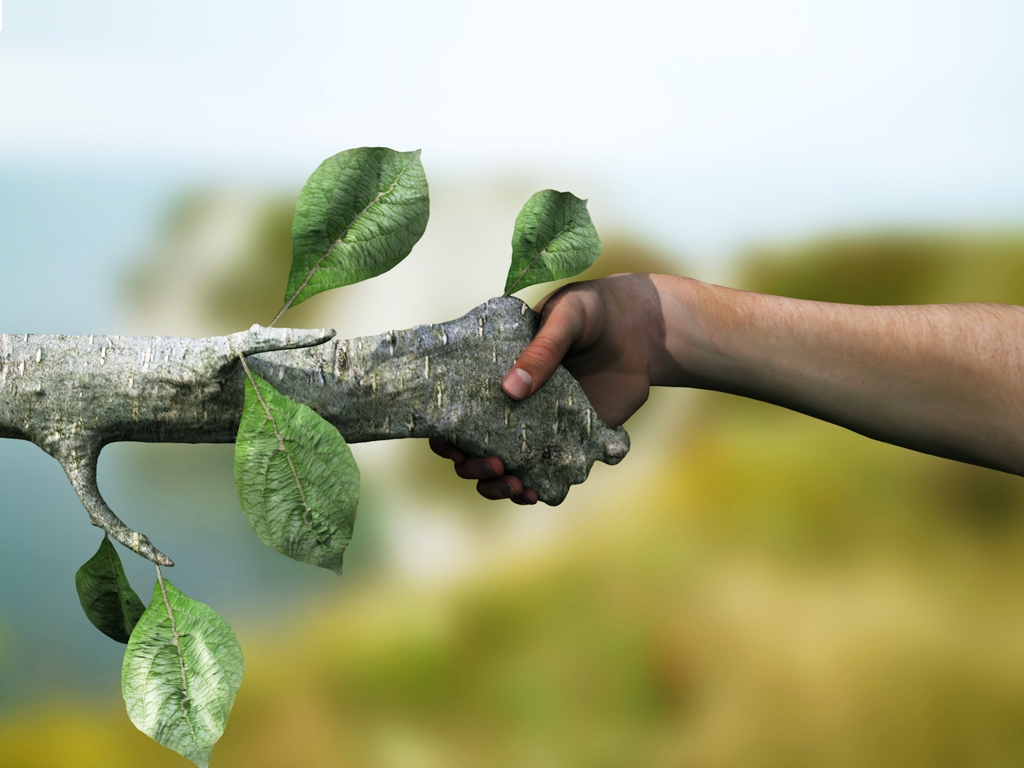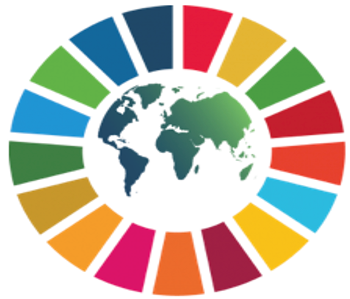Sustainability simply explained
Everyone knows that if you pump water out of a pond faster than it is replenished by rain or the streams that run into it, the pond will eventually dry up. If you spend money faster than you earn it, your will find yourself with no money, or in debt – a debt you will have to pay back sometime or suffer the consequences.

If the pond is big, you may, at the beginning, not realize that the level is dropping but, pumping water out faster than it is replenished, is not sustainable. Your pond will get smaller and smaller and, sooner or later, it will be dry. There will be no water left to pump.
That’s exactly what we’ve all been doing for some years now in relation to the natural resources of the planet. We’ve been extracting and using them at rates that are not sustainable.
But sustainability is not only about natural resources, it’s also about social and economic systems, and our household and business practices. History shows that dominant population groups that repress and exploit other groups eventually go into decline, and their social and economic systems with them. Those systems of domination were not sustainable in the long term. [< reference needed]
Examples of sustainability and natural resource use
Fishing is a good example. Go back to your pond. If there is a colony of fish in the pond and you catch and take out fish faster than they reproduce themselves, there will soon be no fish left. The oceans may seem enormous but the same is true, and the numbers of many popular species of fish have already declined so that many fishermen now catch only a small proportion of what they used to catch and some stocks are threatened with extinction. The way we’ve been taking fish from the seas in recent years is not sustainable.
Back to the pond again, if you throw rubbish into the pond, and dump sewage and waste chemicals into it, the water will become polluted and unhealthy, the fish will die, and you won’t want to swim in it any more. This is exactly what has happened with many lakes and rivers around the world – the use being made of them is not sustainable.
But in all these cases, we have the possibility to choose to stop – or at least reduce – the unsustainable activities and, if things have not already gone too far, we can restore these environmental elements and return to a state of sustainable use.
A case example: Lac Leman (Lake Geneva) between France and Switzerland is one example. It became polluted especially by phosphate from detergents and fish were dying. But, in the 1950s, the problem was recognized, phosphates were replaced by other, less problematic chemicals, and the lake became clean and healthy again, and has remained so ever since.[1] [2]
Examples of sustainability and social and economic systems
Modern industrial societies and economies developed over the last 200 years, and especially rapidly since the middle of the twentieth century, largely on the basis of cheap energy from coal and oil. But these are finite resources and, even if there remain considerable stocks underground today, those stocks will eventually run out. Reliance on energy from these sources is not sustainable in the long term. Worse, the burning of these ‘fossil fuels’ releases carbon dioxide into the atmosphere which has contributed greatly to global warming and climate change that could eventually threaten the ways of life – and indeed the lives – of many populations around the world. That is clearly unsustainable
Sustainability and the sustainable development goals
So, sustainability is about ensuring that what we do as individuals, communities, nations and the global community is able to be continued over time. This has led to the concept of “sustainable development”, a common, widely-accepted definition of which is:
“…development that meets the needs of the present without compromising the ability of future generations to meet their own needs. [World Commission on Environment and Development]
With this as an objective, the United Nations General Assembly – i.e. all world leaders – unanimously adopted what is known as “Agenda-2030: Transforming our World” (see the site) in New York in September 2015. This agenda specifies 17 “Sustainable Development Goals” (SDGs).
